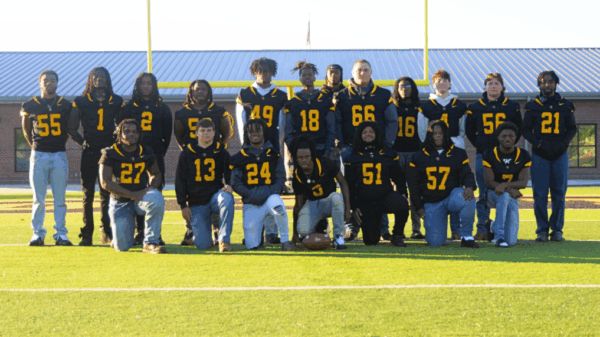Discussions surrounding the use of generative artificial intelligence (AI) in higher education have predominantly focused on student cheating. While this concern is valid, it obscures a broader array of ethical issues that universities and technology companies must address. These include the use of copyrighted material in AI models and the potential risks to student privacy.
As a sociologist who teaches about AI, I have explored the implications of this technology on various aspects of society. When evaluating the ethical dilemmas related to AI, it becomes clear that responsibility should not solely rest on students. Instead, it should begin with the companies developing these technologies and extend to the educational institutions that utilize them.
Debating the Ban on Generative AI
Several colleges and universities have opted to ban generative AI products like ChatGPT due to concerns over academic integrity. While some students have misused this technology, outright bans overlook research demonstrating that generative AI can enhance academic performance. Furthermore, it offers unique benefits for students with disabilities.
Higher education institutions are tasked with preparing students for AI-driven job markets. In light of generative AI’s advantages and its significant adoption among students, many universities have started to incorporate these tools into their curricula. Some even offer free access to AI resources through institutional accounts. Despite these initiatives, ethical considerations remain.
The unequal access to generative AI tools could deepen existing educational disparities, particularly if students are encouraged to use AI without equal access to the necessary technology. Students relying on free versions often have limited privacy protections, while those using paid services enjoy better data security. To address these equity issues, institutions should seek vendor agreements that prioritize student privacy and provide free access to AI tools while ensuring that student data is not exploited for model training.
Redefining Responsibilities in Academic Integrity
In their work, “Teaching with AI,” José Antonio Bowen and C. Edward Watson argue for a reassessment of academic integrity policies in light of AI’s integration into education. I concur with their view, especially regarding the ethical dilemmas of using generative AI in academic settings.
Penalizing students for “stealing” content from AI models poses ethical challenges, particularly when considering how technology companies often scrape content from various sources without proper attribution. The methods used by these companies to train AI models raise questions about ethical responsibility that higher education institutions must confront.
As highlighted in a Chronicle of Higher Education article, universities should scrutinize AI outputs as rigorously as they do student submissions. If institutions fail to vet these technologies before signing vendor agreements, they lose the moral authority to enforce traditional academic integrity standards.
Another critical area of concern is the management of student data under AI vendor contracts. Students may worry that their interactions with AI tools are logged and could be used against them in academic integrity investigations. To alleviate these concerns, institutions should transparently communicate the terms of vendor agreements to their communities. If universities are reluctant to disclose this information, it may be time for them to reconsider their strategies regarding AI technologies.
The implications of these data privacy issues are particularly significant, given that many students use generative AI for personal matters, not just academic ones. OpenAI estimates that around 70% of ChatGPT interactions are for non-work-related purposes, with individuals seeking advice on deeply personal issues. The tragic case of a teenager who took their life while interacting with a chatbot underscores the importance of safeguarding personal information and ensuring emotional well-being.
By clearly stating that generative AI should be used solely for academic purposes, institutions could help mitigate risks associated with students developing unhealthy attachments to these technologies. Additionally, promoting campus mental health resources and providing training for both students and faculty can foster responsible AI use.
Ultimately, higher education institutions cannot evade their responsibilities in this evolving landscape. If they find the ethical burdens of AI integration overwhelming, they must acknowledge that their risk-mitigation strategies may merely serve as temporary fixes for a more profound systemic issue.
This article was republished from The Conversation under a Creative Commons license.








































































